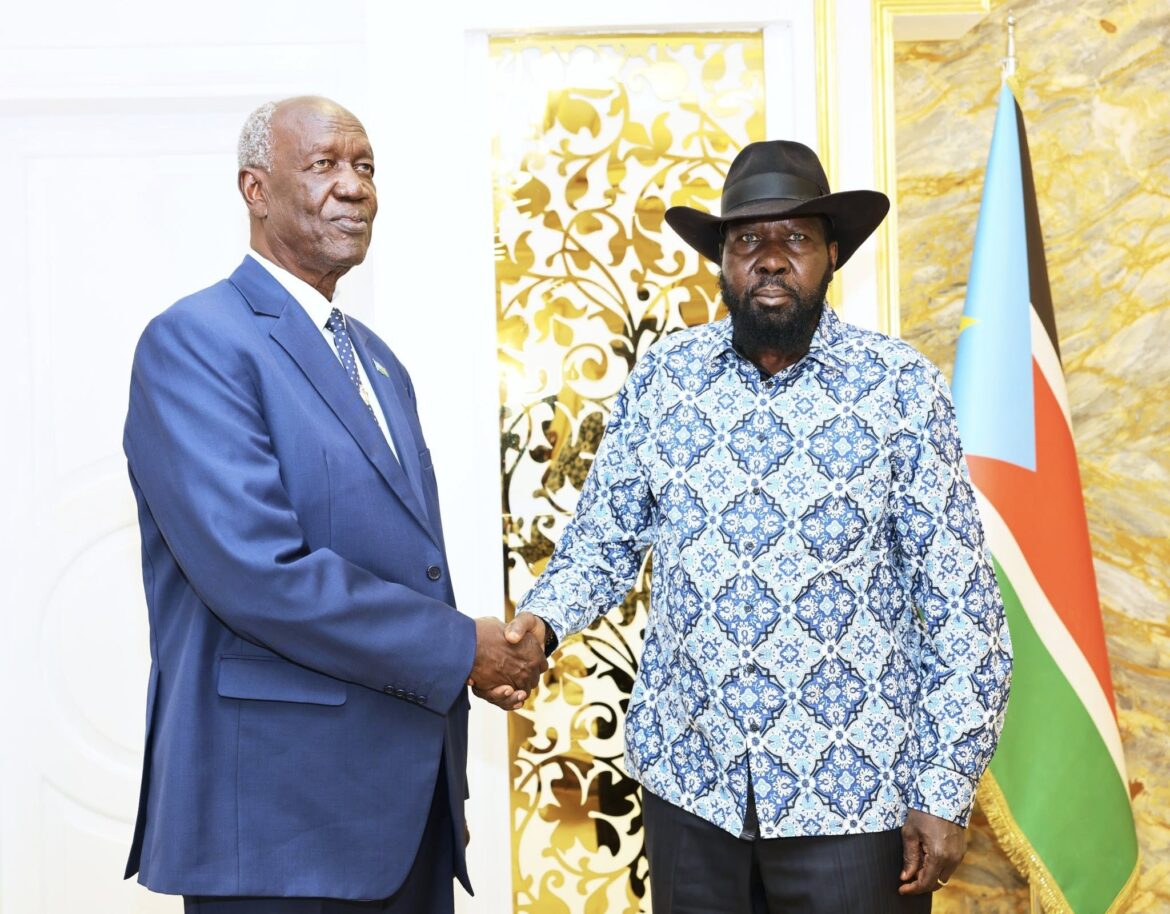By Matik Kueth
The National Transitional Committee (NTC) is racing to finalize its operational budget; a move senior officials say is critical to accelerating the implementation of South Sudan’s fragile peace process.
In a press briefing following a meeting with President Salva Kiir on Thursday, Senior Presidential Advisor and NTC Chairperson Kuol Manyang Juuk underlined the necessity of securing financial resources to implement key provisions of the 2018 peace agreement, particularly those relating to security.
“The finalization of our budget is not just a financial exercise; it is the engine that will drive the next phase of peace implementation. Without adequate funding, our plans for security reform and institutional stabilization will stall,” Kuol said.
Chapter Two of the peace agreement, which focuses on transitional security arrangements, remains one of the most sensitive and crucial pillars of the agreement.
According to Kuol, the NTC’s ability to deploy unified forces, rehabilitate cantonment sites, and provide logistics support hinges on the timely disbursement of funds.
He appealed to international peace partners and stakeholders for increased financial and technical support, stating that their contributions could determine whether South Sudan turns the page on years of conflict and instability.
“We are appealing to our partners to stand with us not just in words, but in tangible support. The cost of peace may be high, but the cost of failure is far greater,” he stated.
Established under the revitalized 2018 peace agreement, the NTC plays a central role in coordinating the implementation of peace provisions, especially in the areas of security sector reform, governance, and reconciliation.
As South Sudan prepares for its first elections since independence, the Committee’s work is viewed as a litmus test for the country’s readiness to transition into a peaceful, democratic state, though the peace agreement seems to crumble since the FVP Dr. Machar is still in house detention with the other political detainees.
Most SPLA-IO forces have left the cantonment areas after clashes with government forces in Upper Nile, Central Equatoria, and Western Equatoria states, an indication that the security arrangement will not be implemented on time unless other political detainees and Dr. Machar are released so that the peace deal’s outstanding tasks can be wrapped up.



